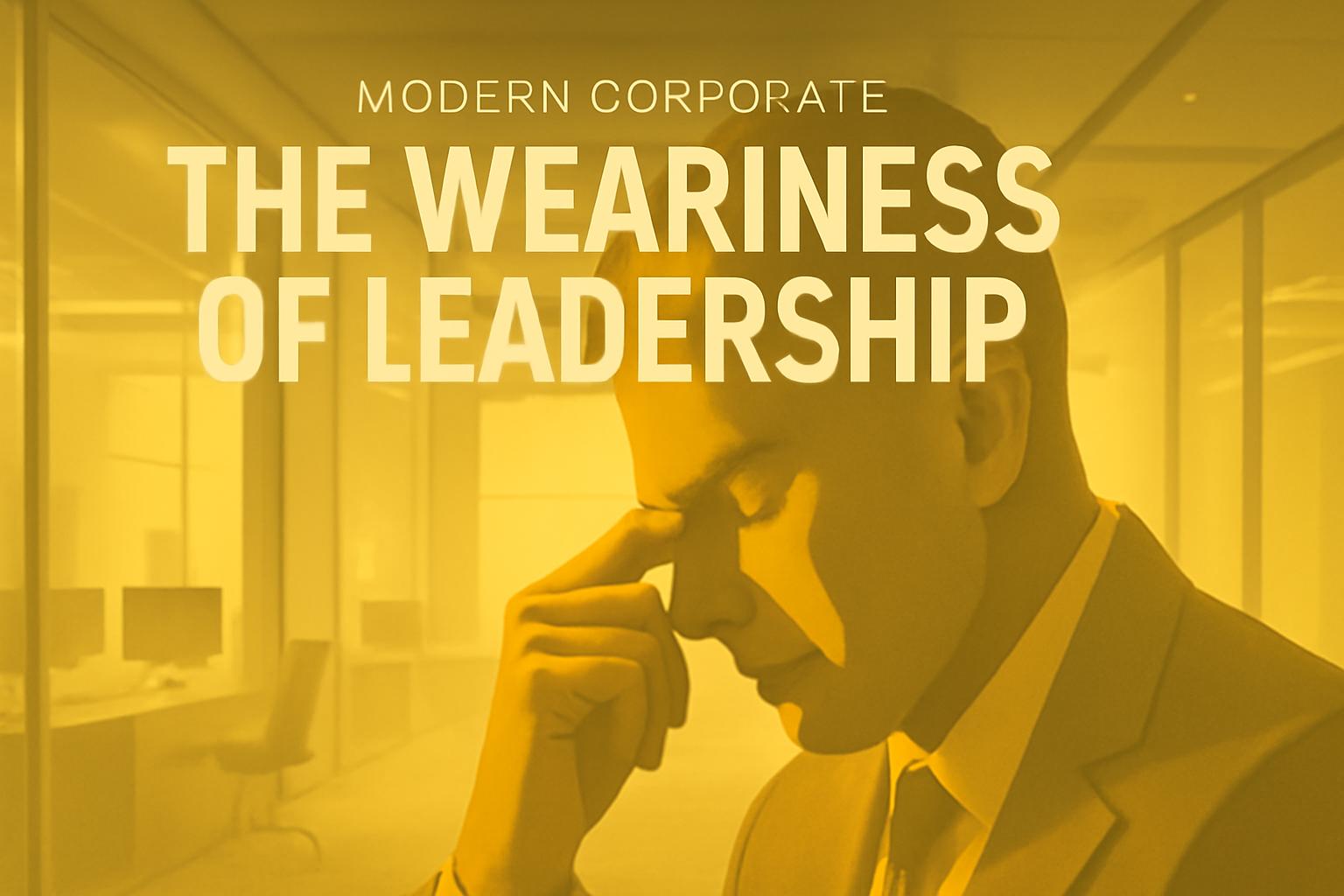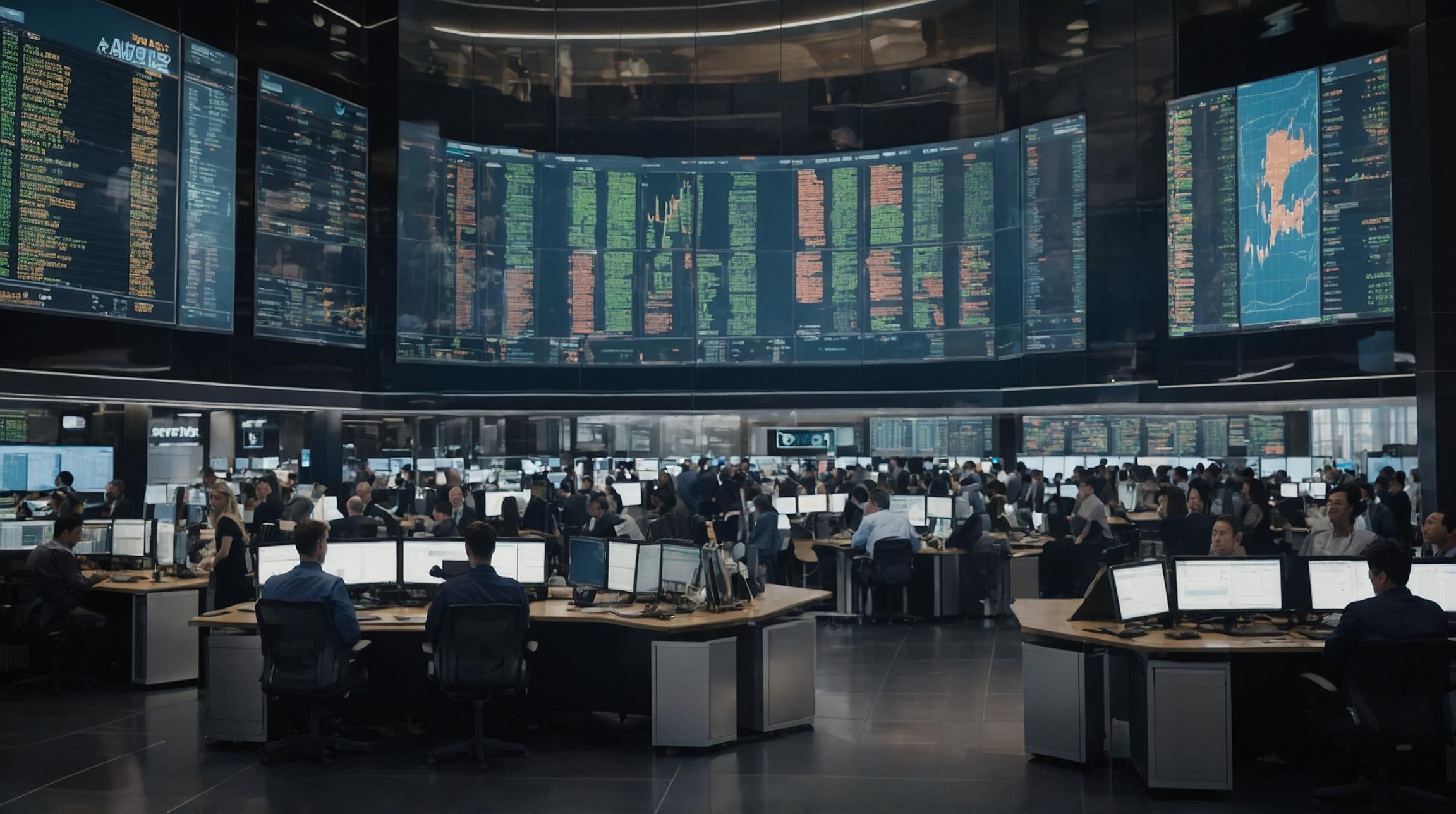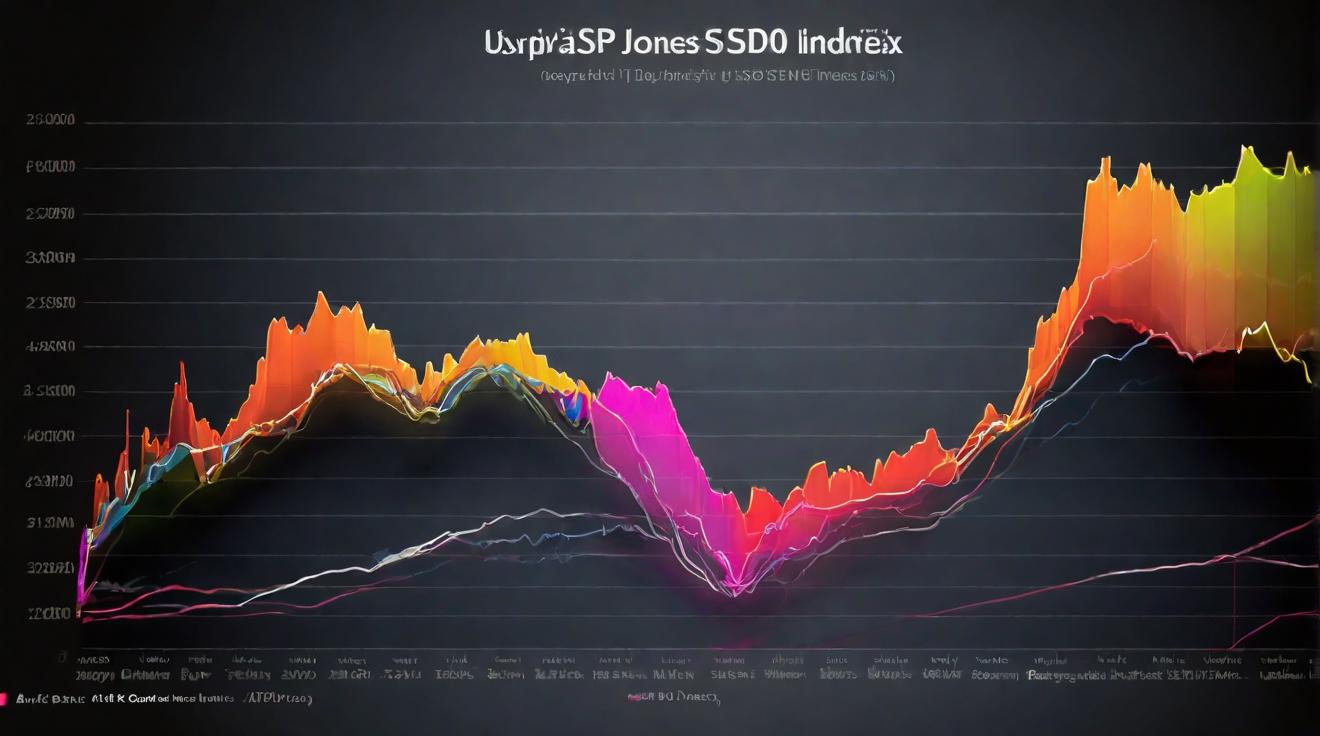Dustin Moskovitz Reflects on the Exhaustion of 13 Years as CEO
Dustin Moskovitz, co-founder of Meta (formerly Facebook) and chairman at Asana, recently shared candid insights into the demanding nature of long-term CEO leadership. Moskovitz co-founded Facebook in 2004 alongside Mark Zuckerberg and others, before departing in 2008 with a retained stake of over 8%, currently valued at approximately $12 billion according to Forbes. After leaving Facebook, Moskovitz co-founded Asana, a work management software company, where he served as CEO for 13 years until stepping down earlier this year to become chairman. Despite his introverted personality, he found himself in the CEO role unexpectedly and described the experience as “exhausting.”
Dustin Moskovitz: “I don’t like to manage teams, and it wasn’t my intention when we started Asana… I was CEO for 13 years and I just found it quite exhausting.”
Leadership Challenges Amidst Global Turmoil
Moskovitz noted that despite hopes leadership would become easier as the company matured, external factors such as the Trump presidency, the COVID-19 pandemic, and social unrest significantly complicated his role. Instead of focusing solely on company growth, he found himself increasingly reacting to a constantly shifting landscape.
“Being a CEO is a lot more reacting to problems… The world just kept getting more chaotic,” Moskovitz explained on the Stratechery podcast.
The Introverted CEO: A Common Yet Overlooked Profile
Moskovitz’s experience as an introverted CEO is shared by several renowned business leaders including Mark Zuckerberg, Bill Gates, and Warren Buffett. Their leadership styles challenge the stereotype that extroversion is a prerequisite for effective management. Susan Cain, author of
Quiet: The Power of Introverts in a World That Can’t Stop Talking, argues that introverts possess unique traits that can strengthen leadership. These include greater creativity, cautious decision-making, and superior problem-solving abilities.
“Introverted leaders tend to be more circumspect, helping them avoid impulsive moves,” Cain said. “Their preference for solitude fuels creativity.”
Cain warns that overlooking introverted leadership potential leads to a significant loss of talent and energy, advocating for balanced recognition of diverse personality styles in executive roles.
FinOracleAI — Market View
Dustin Moskovitz’s reflections highlight the complex demands on CEOs in dynamic, high-stakes industries. His experience underscores the importance of resilience, adaptability, and the often underappreciated role of introverted leadership in tech and beyond.
- Opportunities: Greater acceptance of introverted leadership styles can diversify executive approaches, fostering innovation and thoughtful decision-making.
- Risks: Prolonged leadership under volatile social and political conditions may increase executive burnout and impact company stability.
- Recognition of leadership diversity could improve talent retention and corporate culture.
- Companies may benefit from supporting leaders with varying personality profiles through tailored development programs.
Impact: Moskovitz’s candid insights provide valuable lessons for corporate governance, emphasizing the need for adaptive leadership models that acknowledge personality diversity and external challenges in today’s business environment.













